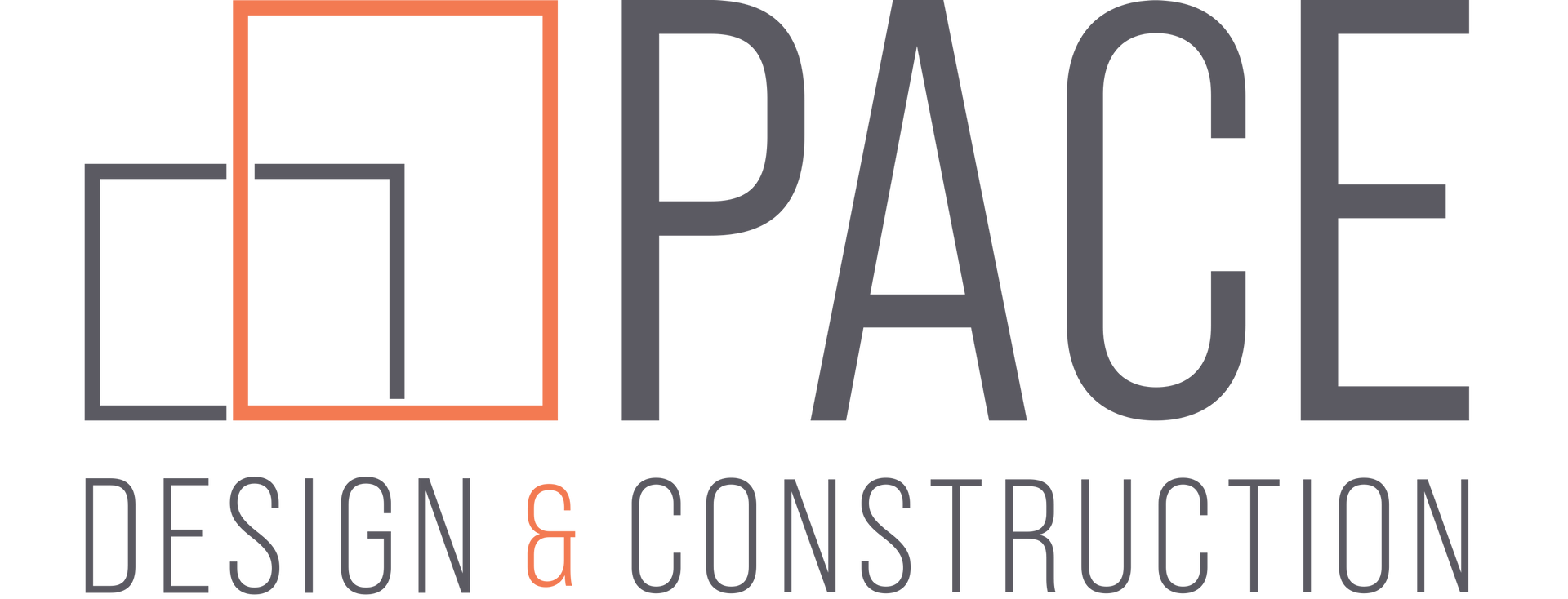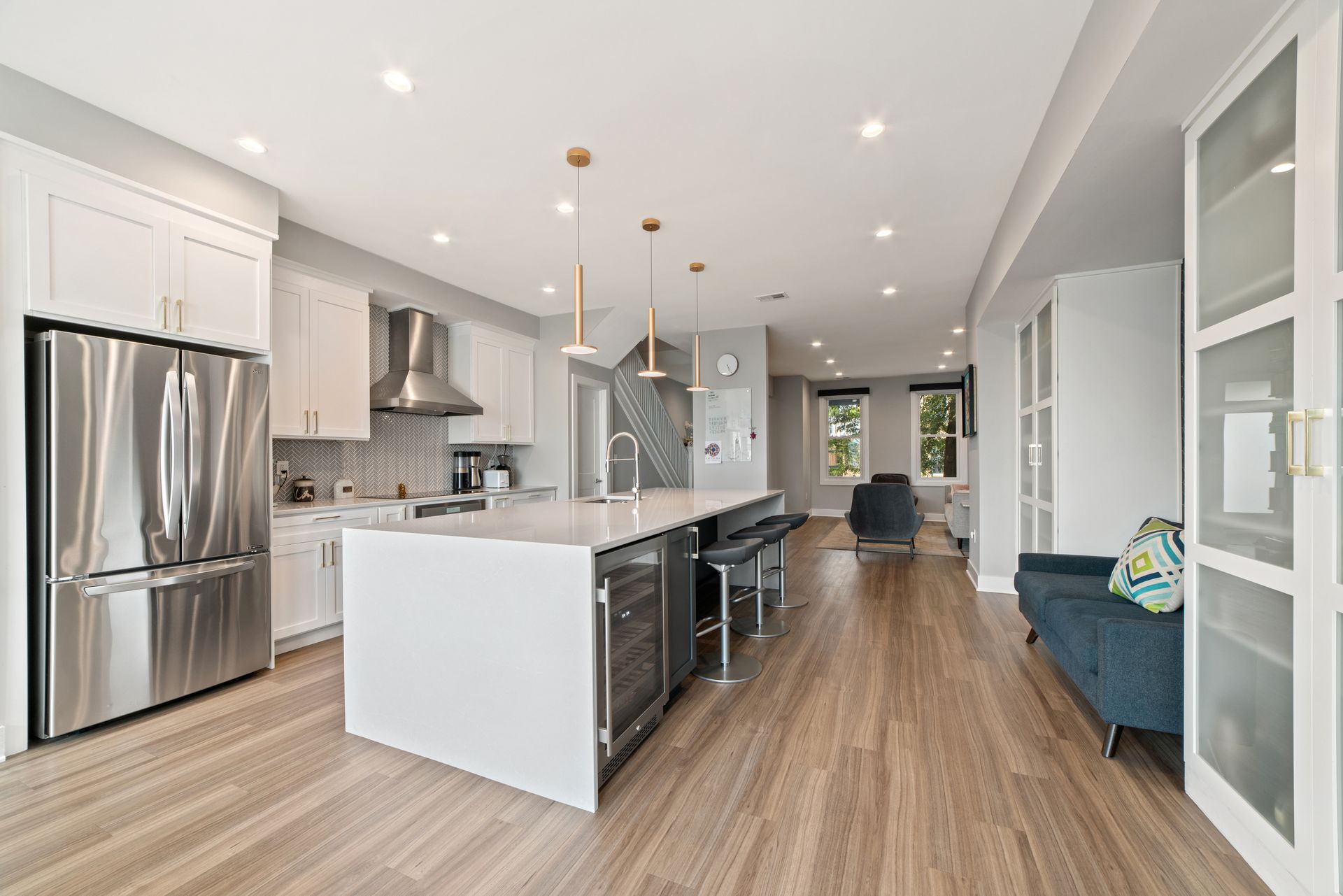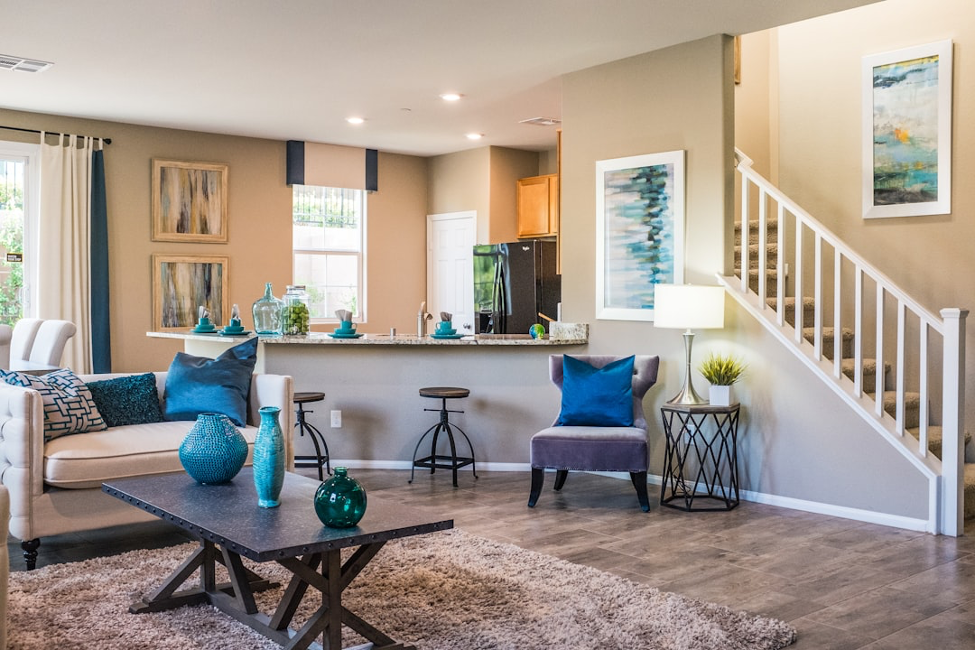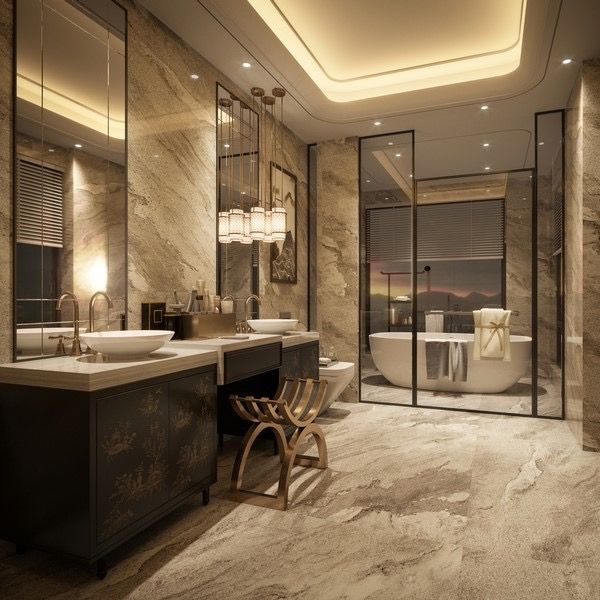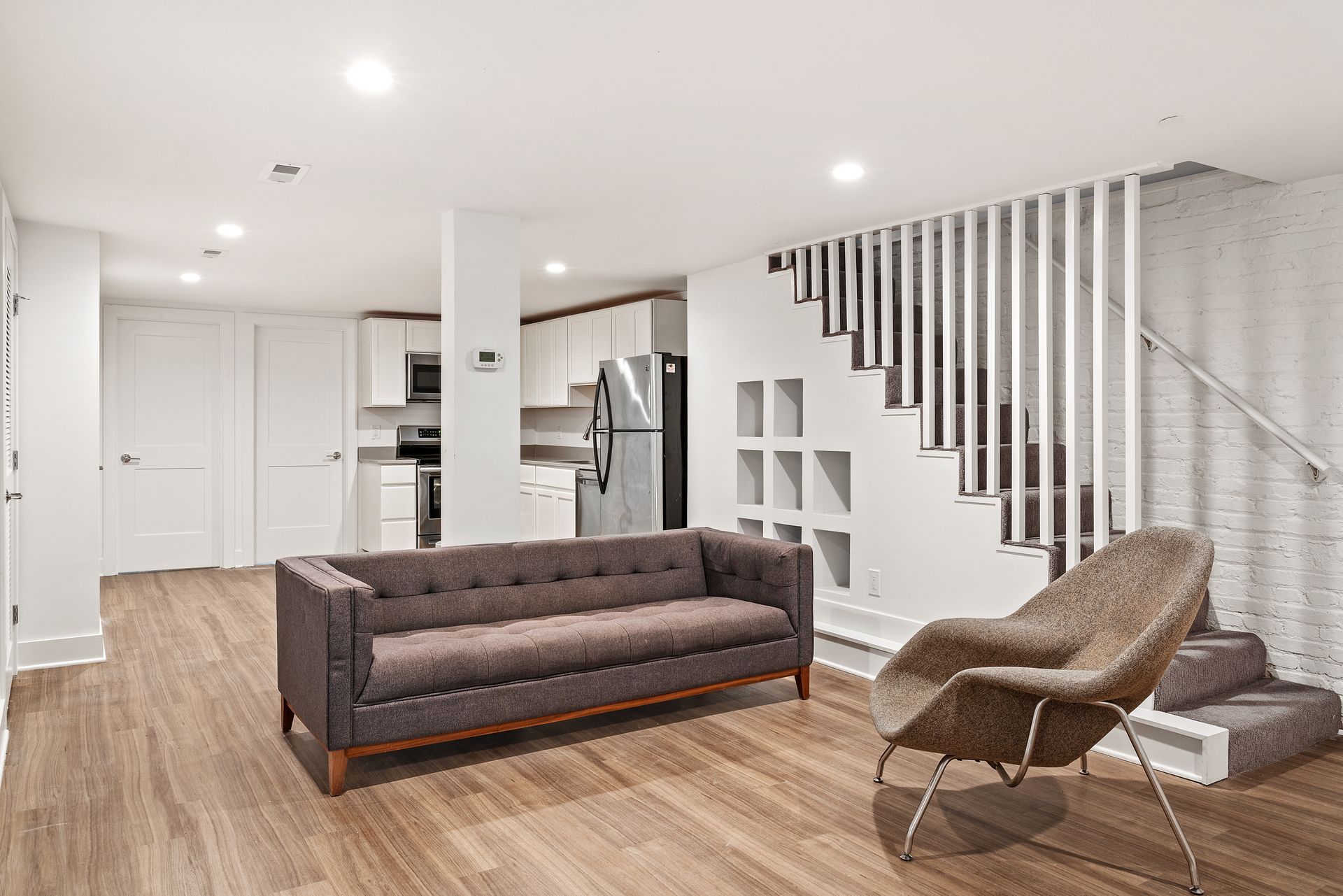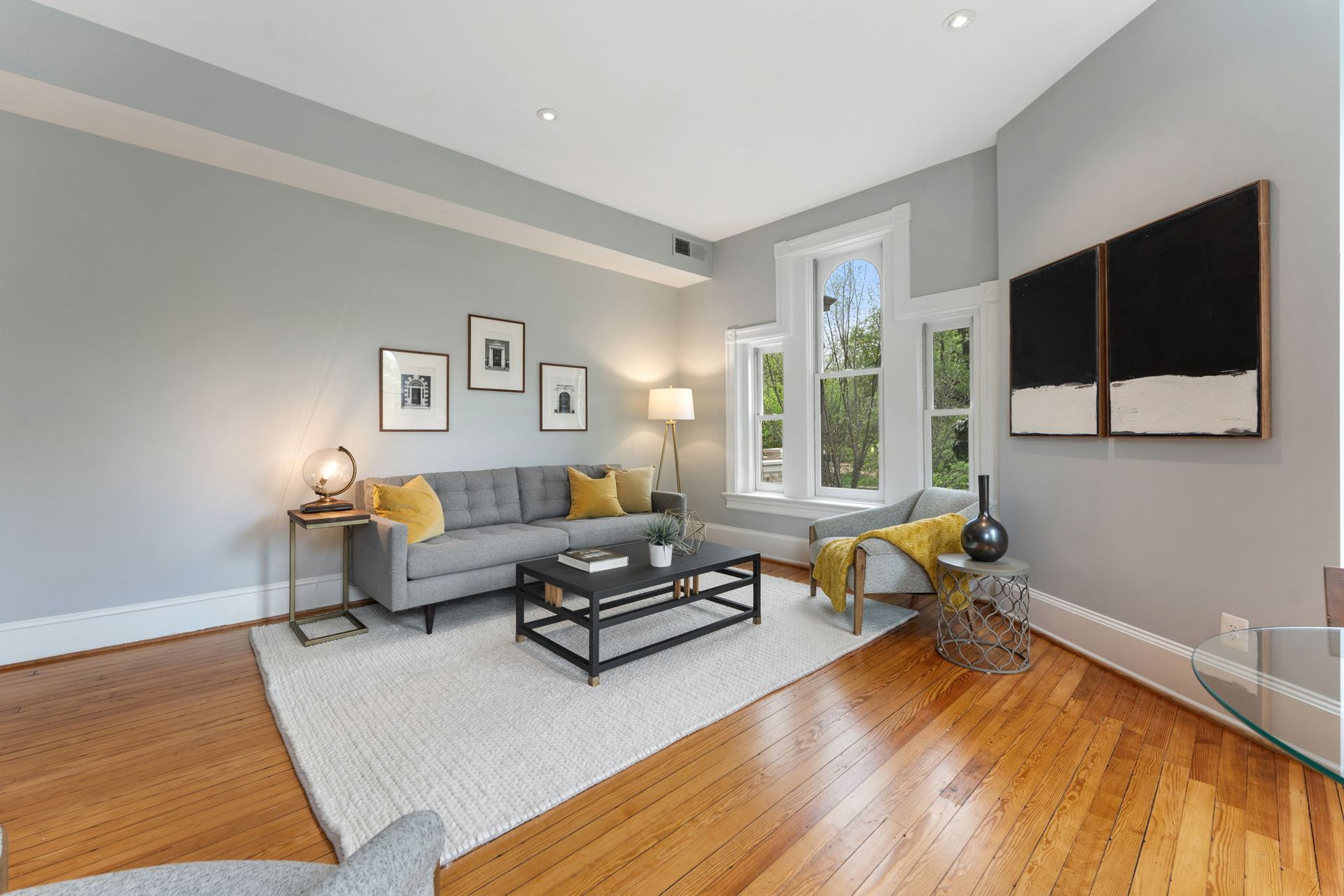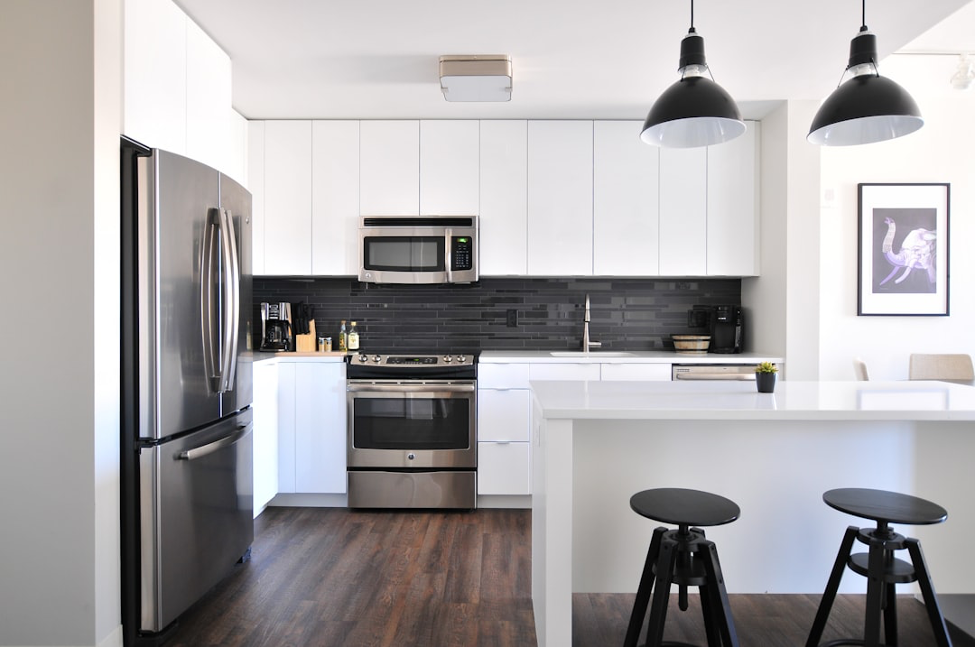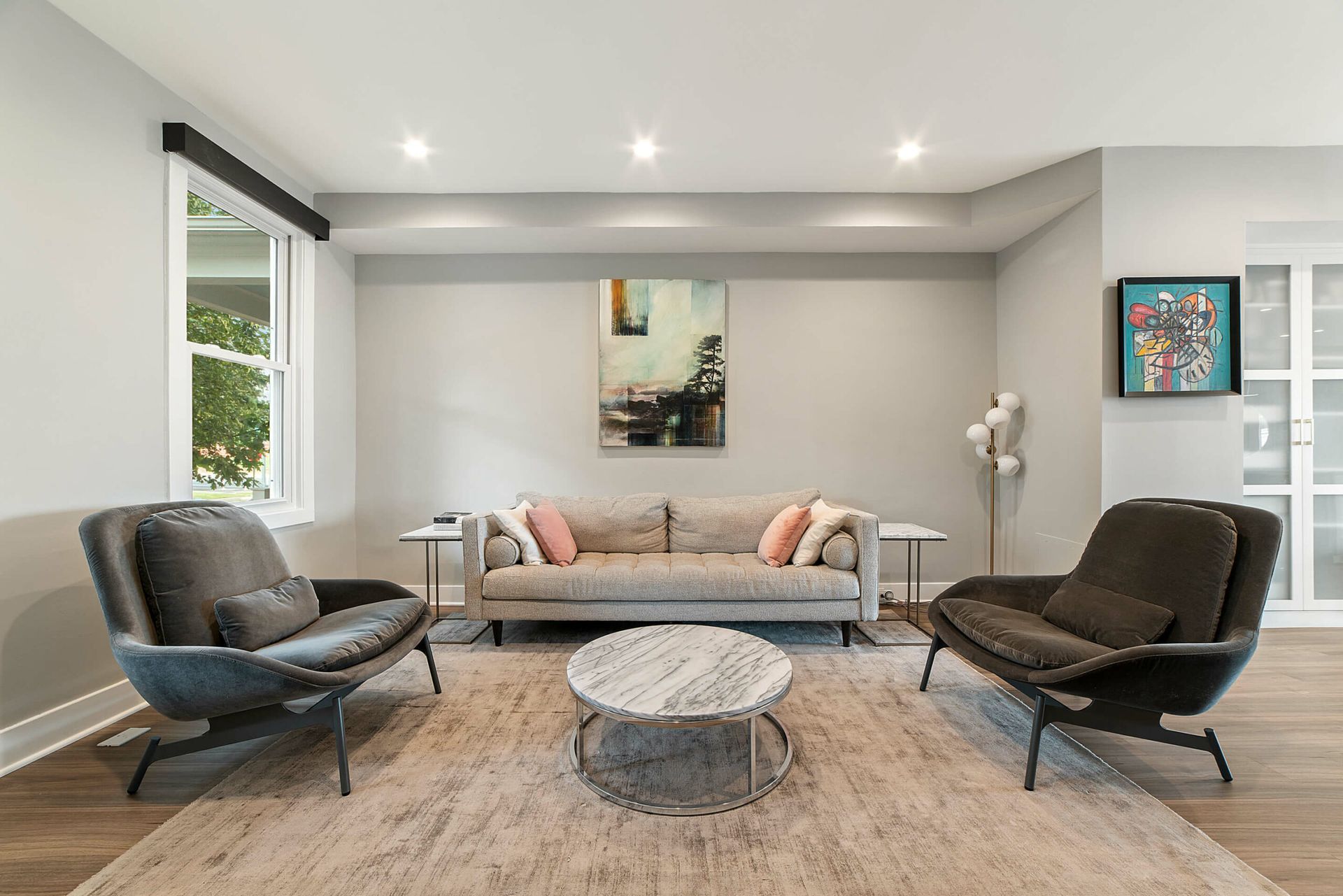How much does it cost to renovate
a house in DC?
How much does it cost to renovate a house in DC? This is a common question for homeowners and potential homebuyers in the nation's capital. With its rich history, diverse neighborhoods, and booming real estate market, DC can be an expensive place to live and renovate.
In this article, we will explore the factors that contribute to the cost of house renovation in DC and provide some estimates for different types of renovations. We will also discuss ways to budget for your renovation project and tips for keeping costs under control.
Table Of Contents:
- Factors Influencing Renovation Costs in the District
- Location and Permit Requirements
- Scope of the Project
- Material and Finishes
- Labor and Design Costs
- Unforeseen Costs
- How Much Does it Cost to Renovate a House in DC: Cost Breakdown by Renovation Type
- Kitchen Remodeling
- Factors affecting kitchen renovation project costs:
- Bathroom Remodeling
- Factors Affecting Bathroom Remodel Costs in DC
- Basement Remodeling
- What Makes Basement Renovations Tricky (and More Expensive.)
- Home Additions
- Budgeting Tips for Home Renovations
- Energy Efficiency and Sustainability in Your Renovation
- Cost to Renovate a Home Yourself
- Materials and Supplies
- Time Investment
- Hidden Costs of DIY
- Avoiding Common Mistakes
- Frequently Asked Questions
- Conclusion
Location and Permit Requirements
Permits are key in DC. They definitely impact your renovation budget. DC has detailed regulations and a competitive housing market. Make sure you factor both of those into your costs.
Scope of the Project
This seems like a no-brainer. But, a minor kitchen refresh won't cost nearly as much as a total gut job with custom cabinetry and high-end appliances. How complex do you want your renovation to be?
Do you want to add square footage or move walls? The complexity will definitely affect pricing. Floor plan changes and structural modifications will require additional permits and potentially increase costs.
Material and Finishes
Carrara marble will cost significantly more than ceramic tile. The same is true for your choices in flooring, fixtures, and appliances. It all adds up. Thinking about what tradeoffs you're willing to make can make a big difference to your budget. A slightly more cramped living room may not be as important to you as having a top-of-the-line chef's kitchen.
Labor and Design Costs
DC has many experienced general contractors and construction professionals. But their skills come with a price tag. However, a good interior designer can help you avoid costly mistakes. So, it's really an investment in getting things done right the first time.
Unforeseen Costs
This is the one nobody likes to think about. Older homes in DC, especially, may hide surprises behind those charming walls.
We always recommend budgeting a contingency fund. That way, you can deal with any unexpected issues. Things like old wiring, plumbing problems, or bringing things up to code can really throw your budget off track.
How Much Does it Cost to Renovate a House in DC: Cost Breakdown by Renovation Type
This cost breakdown gives you a general idea of what to expect for common renovations. However, please remember these remodeling costs can change a lot depending on all those factors we just talked about.
Kitchen Remodeling
The heart of the home deserves some love. But, the average cost to remodel your kitchen in DC can be all over the place.
- Minor Kitchen Remodel (Think Refresh): $30,000-$75,000. This usually means painting cabinets, new countertops, a sink update, and maybe some new appliances.
- Major Kitchen Remodel (Think Gut Job.): $150,000-$250,000 (or More.). Think custom cabinets, high-end appliances, moving walls, the works.
Factors affecting kitchen renovation project costs:
- Size of the kitchen: This is huge (no pun intended.) The bigger the space, the more it costs to remodel it.
- Layout changes: Moving walls, plumbing, and gas lines all require more work (and permits) - hence, a bigger price tag.
- Finish choices: Cabinets and countertops make up a significant chunk of any kitchen renovation.
Basement Remodeling
Finishing a basement remodel can add valuable living space to your DC home.
- Cost Range: $75,000-$400,000 (Or more for super fancy finishes.)
What Makes Basement Renovations Tricky (and More Expensive.)
- Permits and inspections: Basements come with special rules because they often involve messing with your home's foundation. You will almost certainly need to involve a structural engineer, which adds cost but buys peace of mind.
- Ceiling Height: Lower ceilings in some DC basements may require creative solutions.
- Bringing in Utilities: Adding a bathroom to your basement? Get ready for some serious plumbing costs.
Budgeting Tips for Home Renovations
Figuring out how much it costs to renovate a house in DC can be complicated. It always requires planning, whether you want a stunning new kitchen or just some updated bathrooms. Follow these steps, and hopefully, you will save money and stress later.
- Realistic Budget: Figure out how much you can REALLY spend without going broke, of course. It helps to speak with a financial advisor before diving in. Get the breakdown of what you can spend on materials, labor, and design.
- Research: Estimate realistic costs for your chosen remodeling project (see above). Ask friends who have done similar renovations in DC if they can recommend contractors or designers.
- Prioritize: Decide which parts of your home are most important to renovate (kitchen vs. bathrooms, etc.). Prioritizing will help you save money upfront by focusing on essential areas first.
- Trusted Contractor: This is probably the most important piece of advice we can give you. A reliable and reputable general contractor will save you money with their expertise, experience, and relationships with suppliers. They may cost more upfront but can prevent costly mistakes down the road.
- Flexibility: Even the best-laid plans can change. If costs start to climb, be prepared to adjust your renovation plans accordingly. It's always better to have a contingency budget in place for unforeseen expenses.
- Have a Contingency Fund: As mentioned earlier, unexpected expenses are almost inevitable in home renovations. Having an additional 10-15% of your total budget set aside for these costs can help cover any surprises that may come up.
- Stay Involved: Regular communication with your contractor is key. Stay involved in the house remodel project and know what is happening every step of the way to ensure things are staying on track and within budget.
- Shop Around for Materials: Don't be afraid to shop around for materials, as pricing can vary significantly between suppliers. It's always a good idea to get multiple quotes and negotiate prices to keep costs down.
- Avoid Over-Customization: While it's tempting to go all-out with custom finishes and designer fixtures, these added luxuries can quickly drive up the cost of your renovation. Consider sticking to more standard options or only splurging on a few key items.
- Don't Forget About Taxes and Permits: Keep in mind that taxes, permits, and other fees can add significant costs to your renovation project. Be sure to factor these into your budget from the beginning to avoid any surprises later on.
With these tips in mind, you should be better equipped to plan and budget for your home renovations in DC. Remember to prioritize and stick to a realistic budget, communicate with your contractor throughout the process, and stay open to making adjustments as needed. By following these steps, you can achieve your dream home without breaking the bank.
Avoiding Common Mistakes
Renovating your home can be a thrilling experience, but it's easy to make costly missteps if you're not careful. Here are some common mistakes to avoid:
- Skipping the Research: It's crucial to understand what renovations are feasible and how much they generally cost. Spend time researching local market trends and talking to professionals to set realistic expectations.
- Neglecting to Plan: Failing to have a clear plan can lead to scope creep and budget overruns. Outline your project goals, timelines, and budgets in detail before diving in.
- Underestimating Costs: Renovations can often exceed your initial budget due to unforeseen expenses. Be sure to allocate extra funds for unexpected findings and consider having a contingency fund to cover these surprises.
- Ignoring Permit Requirements: Each municipality has its own regulations regarding renovations. Ensure you research necessary permits and inspections to avoid project delays and legal complications down the road.
- Choosing Aesthetics Over Functionality: While it’s tempting to focus solely on design elements, make sure your choices also enhance the functionality of the space. Prioritize features that improve usability and comfort.
Frequently Asked Questions
Conclusion
Renovating your home can be an exciting and rewarding experience if done correctly. By following these tips and avoiding common mistakes, you can achieve your dream home without breaking the bank. Whether you choose to hire professionals or take on some tasks yourself, always prioritize functionality and sustainability in your renovation plans. With careful planning and research, you can create a beautiful and functional space that fits your budget and lifestyle.
Ready to transform your home into a space that truly reflects you and your lifestyle? At PACE, we offer a full suite of design, renovation, and maintenance services tailored just for you. With over 30 years of experience, our boutique firm delivers timeless and unique designs, quality workmanship, and dependable service. Contact us today to start your renovation journey!
